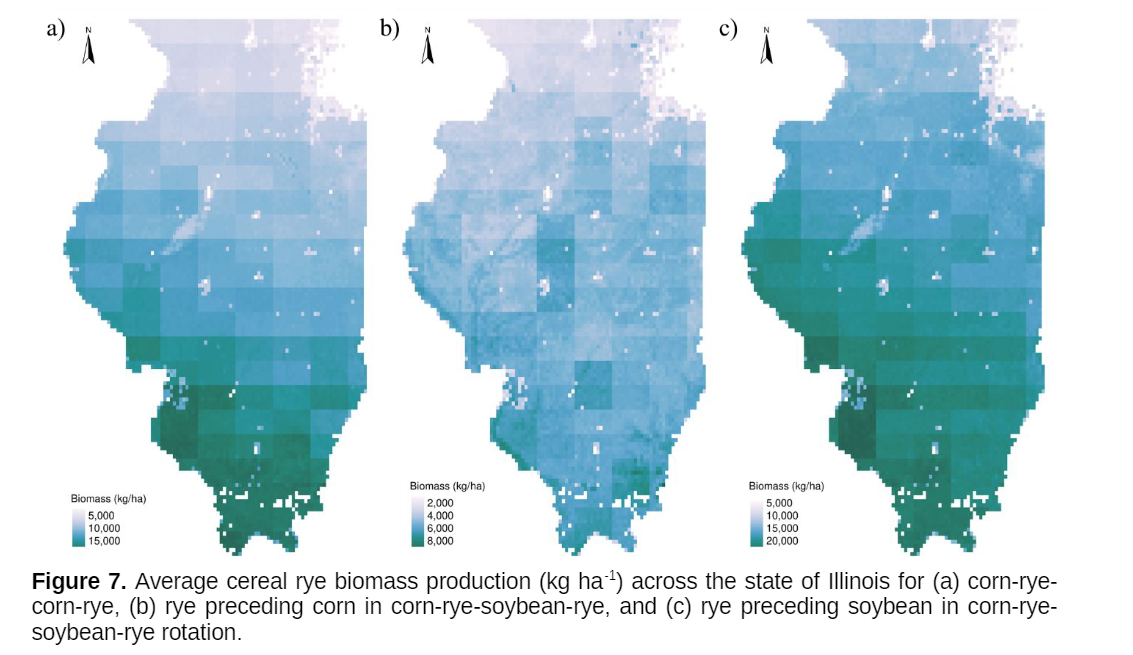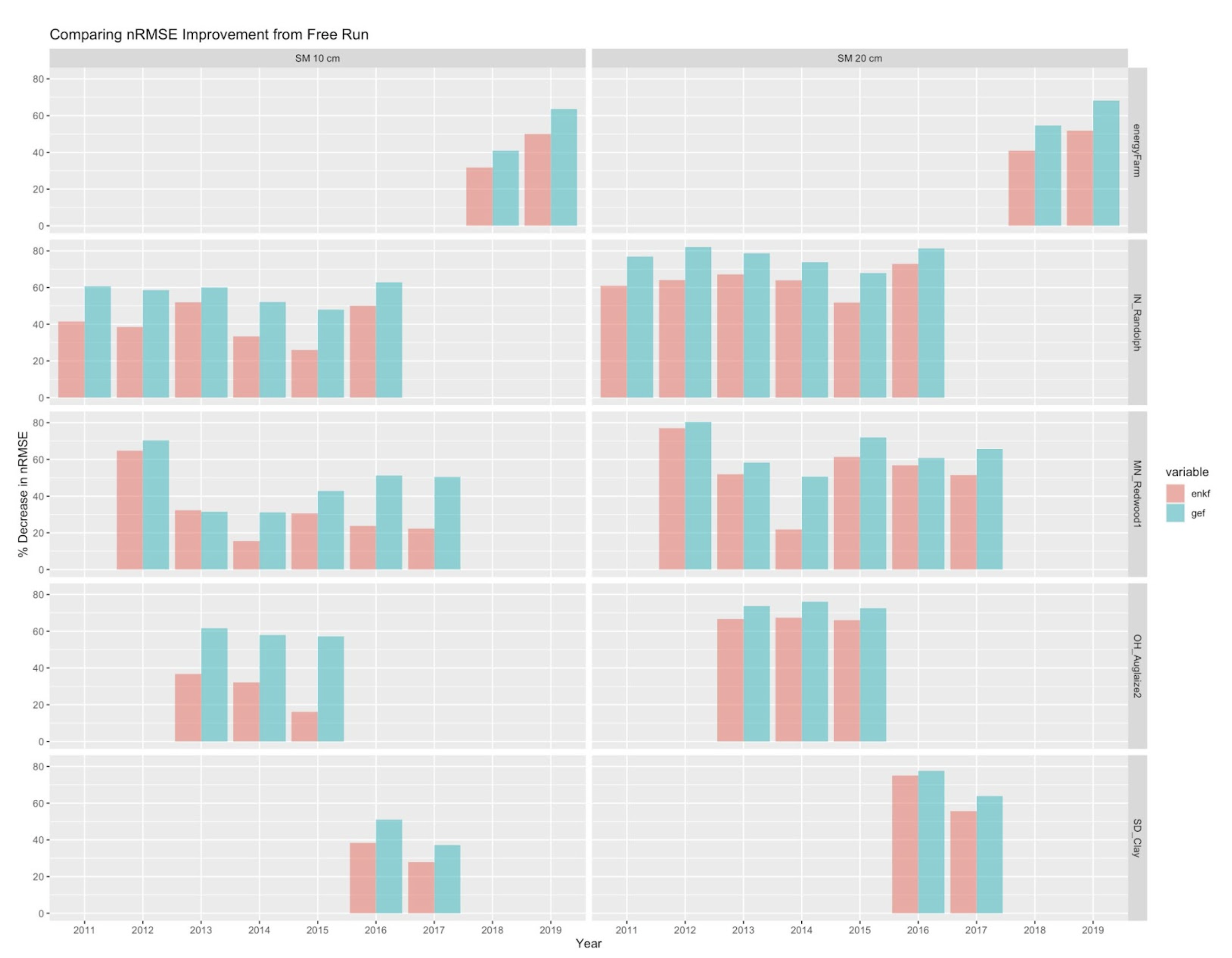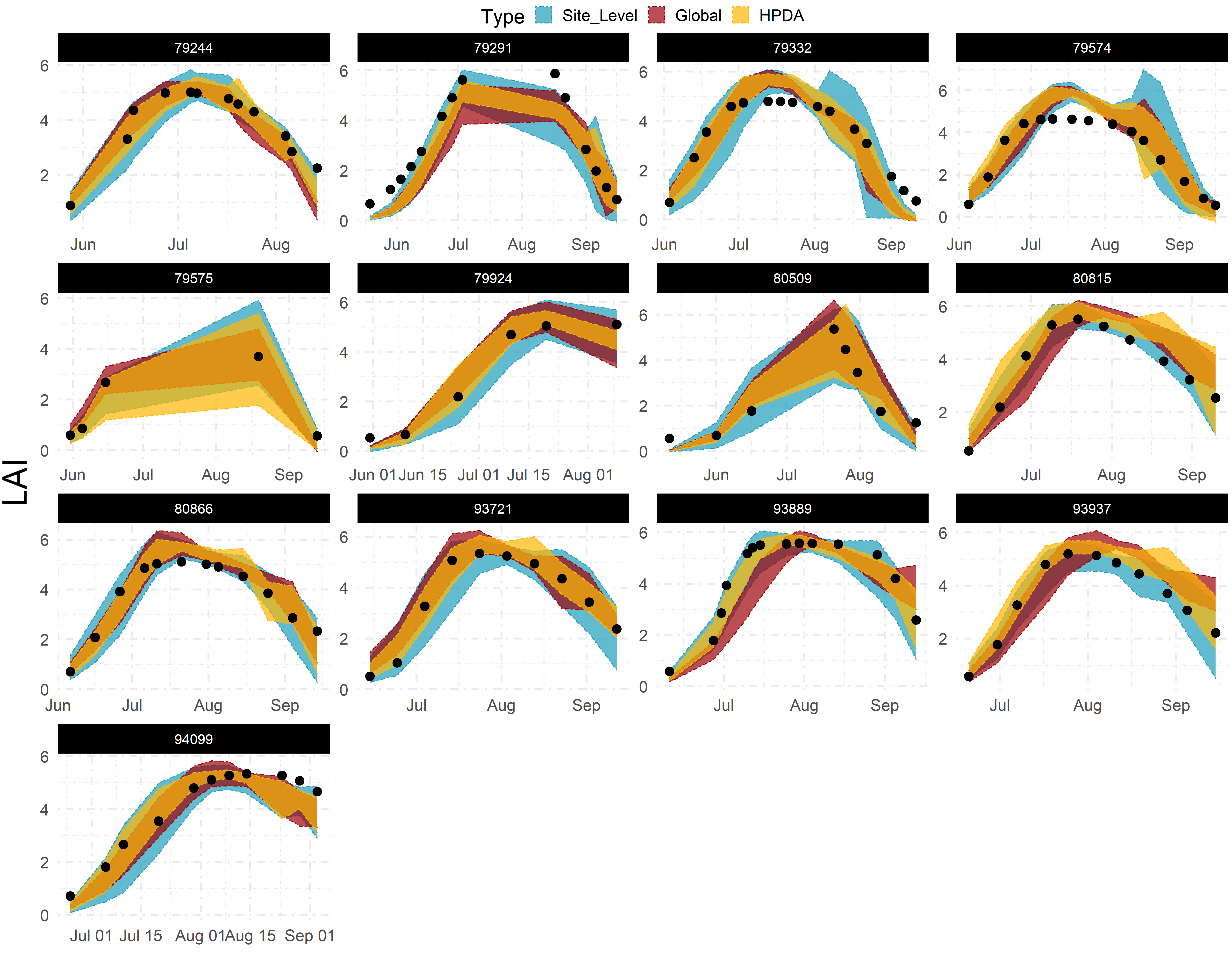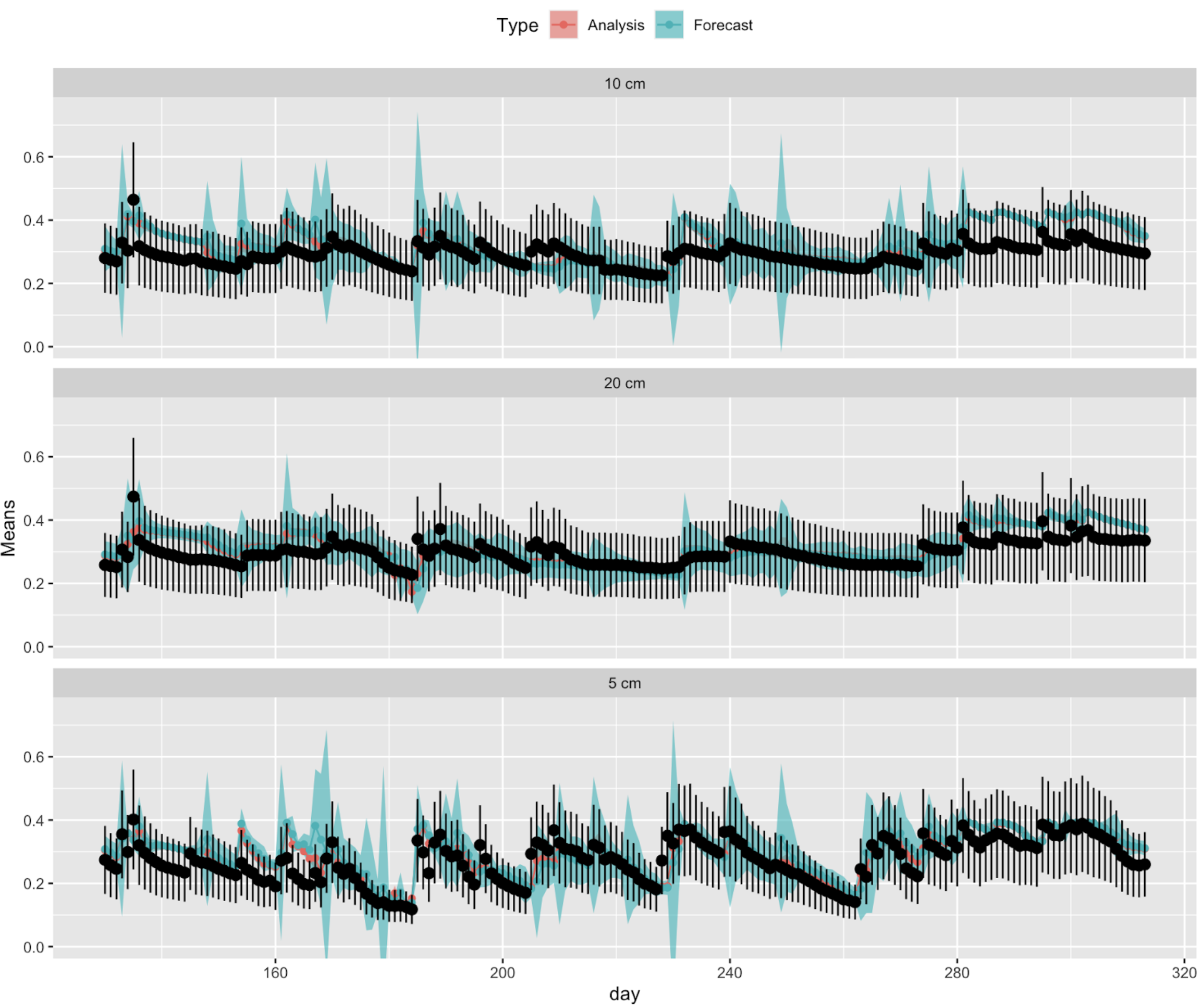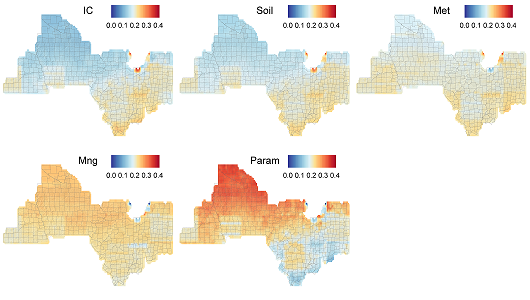News
Vision
The long-term vision for our lab is to synthesize, analyze and create new value from the rich data streams generated by all phases of agricultural production. We will work towards developing novel data-driven approaches at the interface of computer science, statistics and crop science with the goal of improving and protecting our food system. In addition, we are always excited to welcome new graduate and undergraduate students with research interests aligned with the focus of the lab.

Projects
Tools/Data Products
Not all tools and data products presented in this section is developed in our lab.
Yield response to biochar
This tool allows you to estimate the probability of crop yield increase following Biochar application for the state of Illinois.
Corn Productivity Index
This tool allows you to explore the new corn productivity index across the U.S Midwest.
NO3 leaching susceptibility Index
This tool allows you to explore the new Nitrate leaching susceptibility index across the U.S Midwest.
Teaching
Digital Agriculture
Digital agriculture is concerned with the use of digital technologies for understanding underlying processes and solving agricultural issues. The ultimate goal of the Digital Agriculture course is to help students develop an understanding around three main components in digital agriculture including:
1) Statistical modeling and machine learning
2) Process-based crop modeling and
3) Remote sensing, where they all revolve around crop physiology and production.
In this course students will start by learning the fundamentals of crop physiology and familiarizing themselves with the current major issues around crop production in large. Then, students will learn about three powerful tools including statistical modeling, process-based modeling and remote sensing to addresses those challenges. This section is restricted to online programs only.
Regression Analysis
Publications
Our Lab
We are always excited to welcome new graduate and under graduate students with research interests aligned with the focus of the lab.

Hamze Dokoohaki

Teerath Rai
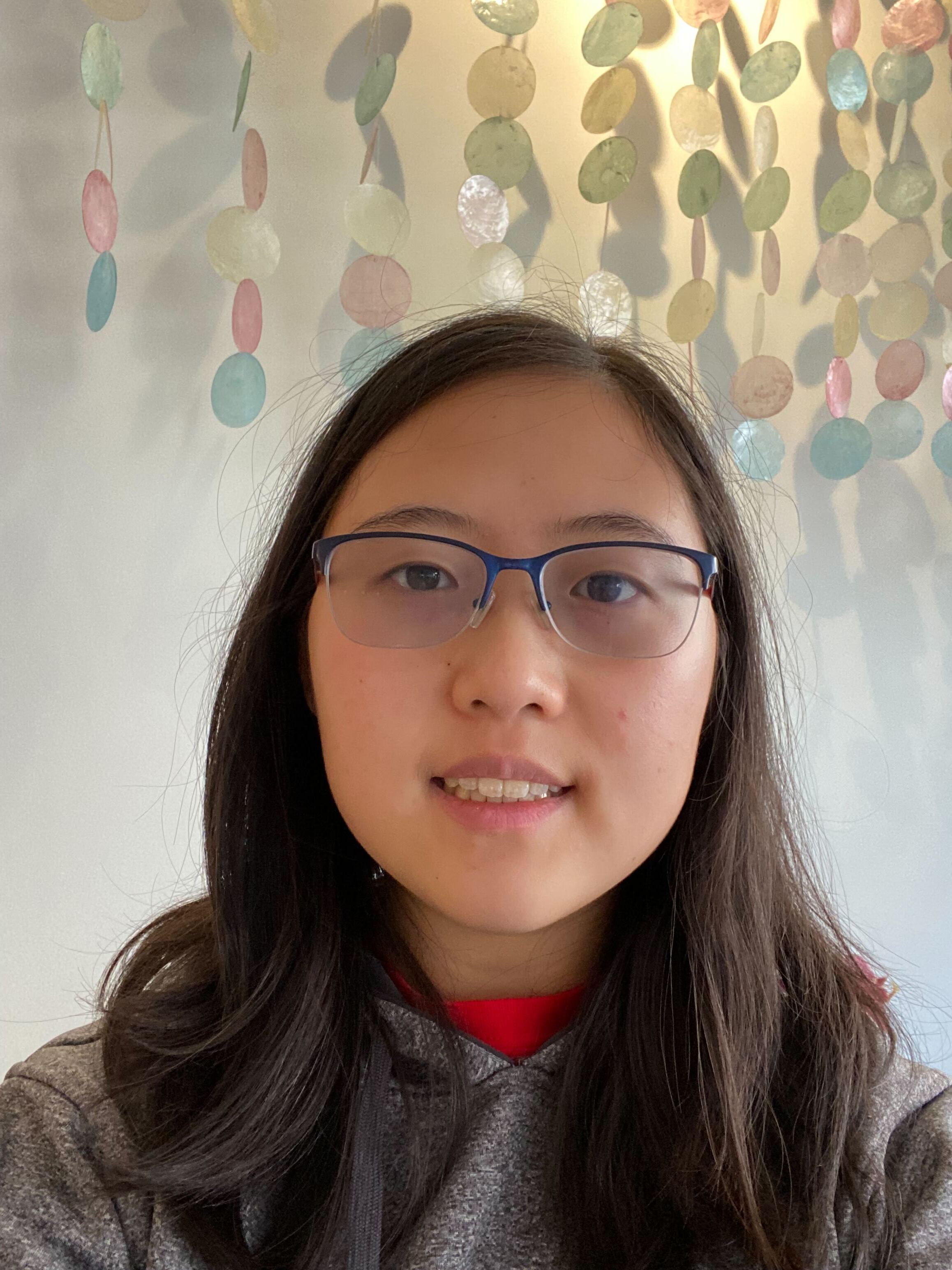
Iris Chow
Alumni

Marissa Kivi

